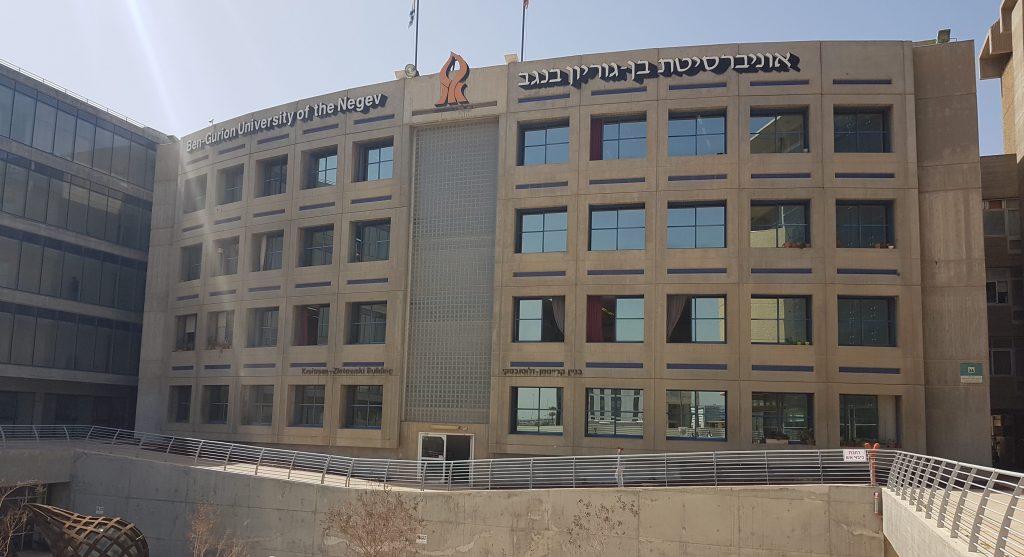The National Autism Research Center of Israel (NARCI) at the Ben-Gurion University of the Negev (BGU) announced it will launch a national database that brings together Israeli scientists with clinicians to study nine key questions about autism.
Over 45 scientists and clinicians, leaders in the field in Israel, came together following two national autism research conferences at BGU to publish a shared paper describing the National Database in the prestigious Journal of Molecular Neuroscience.
The paper, published in July, describes a shared plan to create a national database with standardized data agreed upon by the scientists and clinicians, a BGU statement said.
The database will create shared research infrastructure that will serve the entire autism research community in Israel, according to the statement.
The launch of the National Database will be led by NARCI, an autism center created at BGU through a grant from the Israeli Ministry of Science and Technology.
The database currently contains information from over 961 children and their parents after three years in operation. About 1,800 kids are diagnosed with autism spectrum disorder (ASD) annually in Israel.
NARCI’s goal is to be able to follow 70 percent of them to create a wide picture of autism diagnosis and development in Israel. The database includes a variety of measurements including behavioral assessments, audio and video recordings, interviews and questionnaires, birth and medical records, MRI scans, genetic evaluations, and biological samples (to begin later this year.)
Established in 2015, the National Autism Center aims to promote better diagnosis and treatment of autism in Israel by creating a research infrastructure that serves researchers at universities, medical centers, and industry. The center is composed of scientists from Ben Gurion University (BGU) and physicians from Soroka Medical Center, who study, diagnose, and treat autism and other developmental disorders in the Israeli Negev (southern district of Israel).
As collaboration across research sites has become crucial to identifying strategic types of autism likely to require distinct treatment strategies, NARCI has turned its previous regional database that covered the south into a national one, while bringing together all the stakeholders to determine which avenues of research are the most important to pursue given the availability of such unique data.
“The necessity for such in-depth data means the database will grow slowly, but we believe it will prove invaluable to national research, because it allows researchers to connect findings from multiple disciplines. For example, we can now relate problems evident in the birth records with MRI scans from older ages” says NARCI head Prof. Ilan Dinstein of BGU’s Department of Psychology.
“The data we collect for the database will help us answer [the nine] questions and achieve new insights into ASD that we would not be able to even address without it,” Dinstein added, “We expect that this work will reveal critical information about how to improve autism diagnosis and treatment services in Israel. The goal is to have an immediate influence on healthcare and education services within the next three to five years.”
Related posts

Israeli AI Safety Tool Among TIME’S Best Inventions For 2024

TAU Team Discovers Mechanism To Eliminate Cancerous Tumors

Ashdod Port Investing In Startups As Part Of Innovation Strategy




Facebook comments